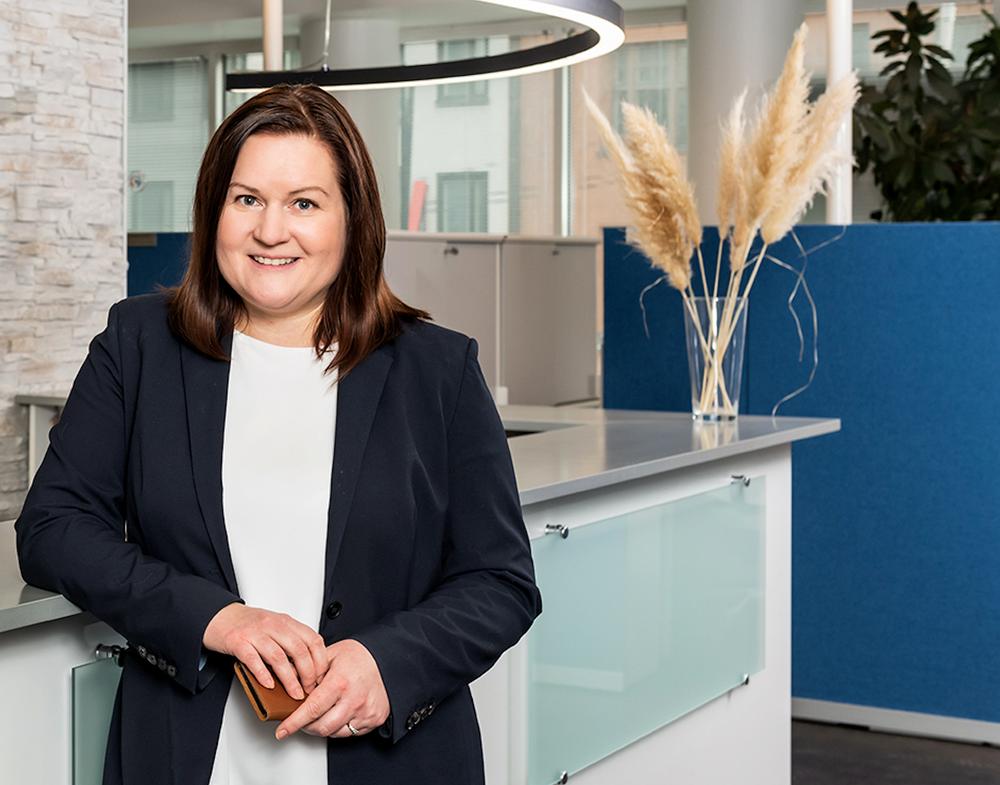The earlier organizations are able to make business-critical decisions, the more impact those decisions are likely to have”, Terhi Porkka, Chief Financial Officer & COO, Advisory Services at financial and advisory service provider Gallant, says. “The conventional way of calculating effects only after something has happened is too reactive and simply too late: the options for corrective action are far more limited than those available at the planning stage.”
Porkka adds that under uncertain circumstances, traditional fiscal reports alone are an outdated form of business management. Knowing how the organization did last month, let alone last year, is less valuable when entirely new challenges already await.
“While change is constant, organizations can prepare for the unexpected with adequate data analysis – and by harnessing the results for predicting the future in a way that keeps them in control and able to react.”
As data is quite easy to gather, many organizations outright swear by knowledge-based management without properly trying to put it to work.
“The hype around knowledge-based management easily leads to excessive data collection, which is further boosted by automation,” Terhi Porkka agrees. “Without sufficient expertise to analyze all that information in a purposeful way, the benefits can’t be realized.”
Don’t make budgets – simulate the future
Every organization produces massive amounts of financial data: basic bookkeeping and financial administration tasks alone create information that, when thoroughly analyzed and efficiently utilized, provide a solid foundation for reliable forecasts.
To make that happen, a sophisticated simulation tool is required, including all the variables relevant to the organization’s operations.
“In making business decisions, it is essential to know where the organization is at the moment, and where it is heading”, Terhi Porkka explains. “However, it is even more important to understand what kind of consequences certain changes will cause to the plans.”
The cost of energy and the average salary of certain specialists are examples of macroeconomic changes that have an immediate impact on surprisingly many lines of business, as well as organizations operating on those fields. A sharp rise in either one, let alone both, changes the financial outlook significantly.
Active communication between finance department and business units provides a comprehensive view on what kind of effect these kinds of changes have. In addition, it helps build a forecast model that shows how the situation will likely develop from this day onward.
Based on that information, the organization is a lot better prepared to make further decisions.
“Knowledge-based management is continuous, and it is also essential if an organization wants to succeed in the world that changes constantly”, Terhi Porkka points out. “The good news is that all the data that is needed to build the model already exists.”
All it needs is a little insight, and ability to analyze that data in a way that makes sense.
Gallant’s CFO and advisory services provide a variety of tools and solutions for knowledge-based management and financial forecasting.
